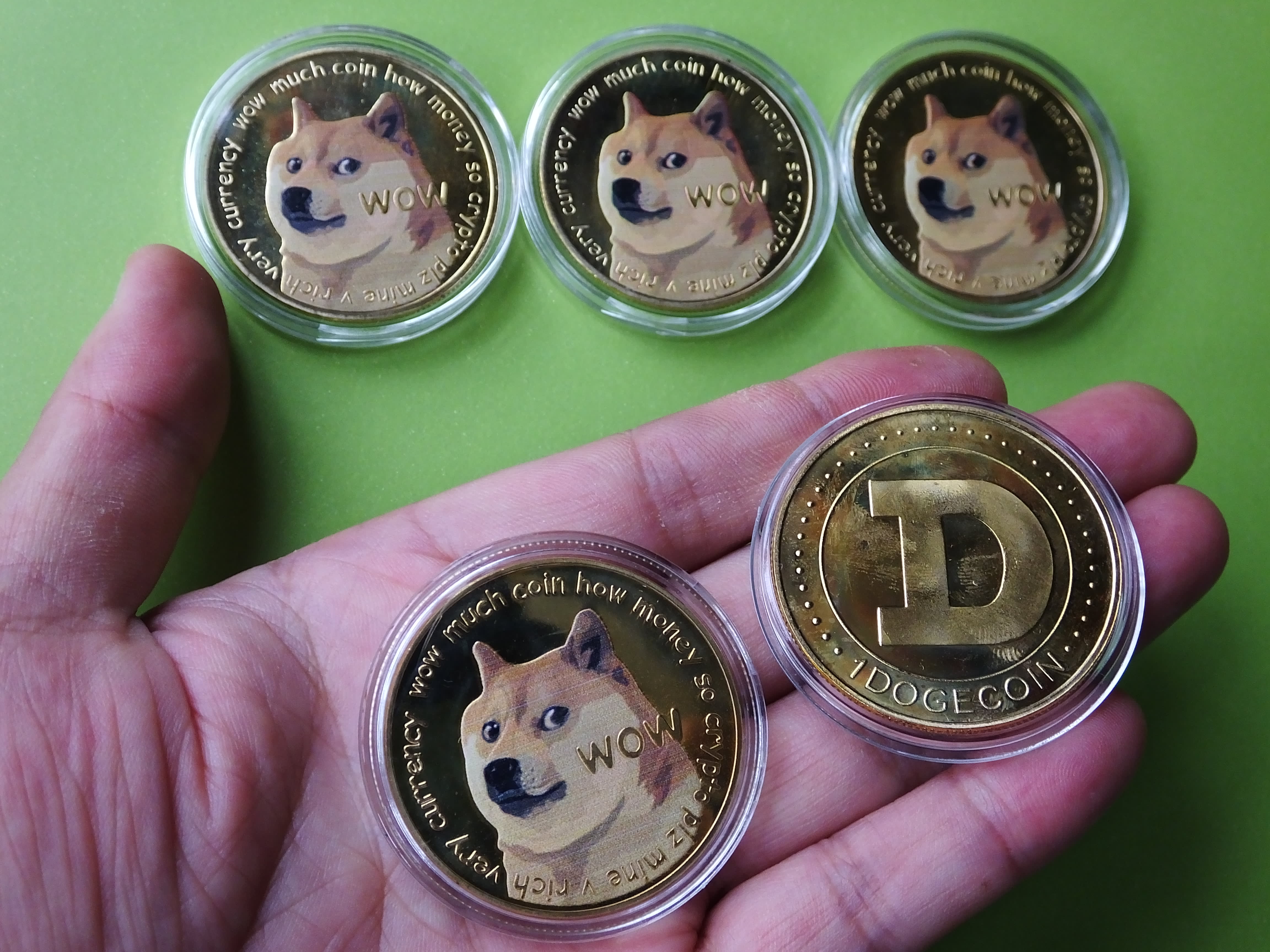When my clients ask about dogecoin, many say they are intrigued about the potential investment because of the news and excitement around it.
As the conversation gets more serious about investing in cryptocurrency, I ask why they want to do that. I then ask what value they think it might bring to their portfolio. There is always room for a productive conversation and I therefore tell a client they should never invest in cryptocurrency if it takes away from the original financial goals they set.
I also ask how long they think they’d be able to stick with that investment if or when volatility arrives. Once the tough questions are answered, I can determine how much of cryptocurrency investment makes sense for that particular client’s portfolio.
(If the answer to my first question is because “it’s hot right now” or a friend told them to buy it, I explain that they are probably looking to invest in cryptocurrency for the wrong reasons.)
The answer as to whether someone should invest in dogecoin — which is all the rage right now — is, of course, different for every investor. As with any type of investment, the investor needs to exercise caution because there’s always some risk tied to any investment opportunity.
I explain to clients that they need to determine how much risk they can handle, especially when it comes to cryptocurrency. And since every individual is different, the conversation will be focused on that person’s goals before deciding how much risk to take.
If a client is risk averse, crypto isn’t the investment for them.
Of course, investors are watching the news and are well aware that dogecoin soared last week after a tweet from supporter Elon Musk, CEO of Tesla and SpaceX. Additionally, cryptocurrency exchange platform Coinbase said it would list the meme-inspired cryptocurrency. Meanwhile, Mark Cuban, owner of the Dallas Mavericks, made several social media posts in support of dogecoin.
A little background: Dogecoin was initially created in 2013 as a joke or a fun variation of bitcoin by Jackson Palmer, an Adobe software engineer, and Billy Markus, an IBM software engineer. Even with its prank-like beginnings, the technology and algorithm behind dogecoin are very serious.
Dogecoin is considered an alternative cryptocurrency coin, comparable to litecoin — another big player. Cryptocurrencies such as bitcoin, dogecoin and litecoin are actual online tokens that can used for payment for goods and services, trading and investing. The value of any asset ultimately comes down to what someone is willing to pay for that asset at a particular point in time.
That’s why, as a wealth manager, I urge clients — and any investors, for that matter — to do the proper research and be careful with trying to “time the markets” with a cryptocurrency investment.
It’s always smart to proceed with caution and to stay true to your “why” for investing.
So, is dogecoin a smart investment? Let’s look at some of the pros and cons.
Pros:
- Diversification
- Low price point/not expensive
- High growth potential
- Aligned with futurized investment trends
- Not backed/regulated by any government or financial institution
- On the right side of the investment trend
Cons:
- Very high risk
- A lot of volatility/lack of stability
- Not a lot of research, history and fundamentals analysis available
- May be subject to capital gains tax
- Not backed/regulated by any government or financial institution
- Lacks intrinsic value.
